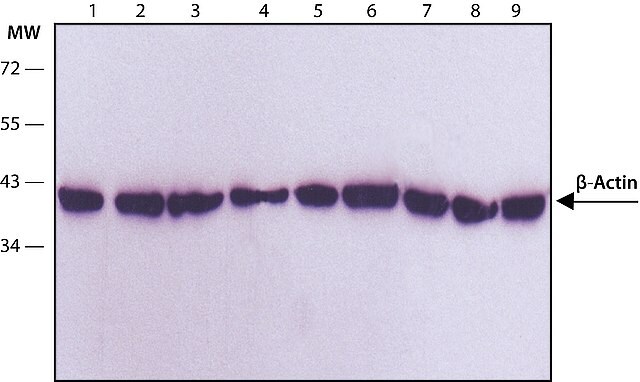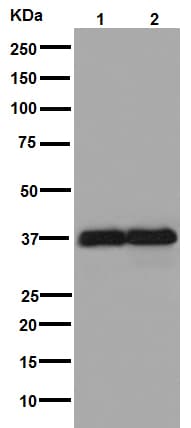

Of PC cells, and whether the FAK/Src pathway is activated in the However, it remains unknown how p53 functions in the proliferation Proliferation, differentiation, migration and survival, and isĬlosely associated with the development, metastasis and prognosis Tyrosine kinase (Src) pathway serves an important role in cell The focal adhesion kinase (FAK)/Src proto-oncogene, non-receptor Radiation or other factors, p53 activates p21, which functions inĬell cycle, damaged DNA cannot be repaired and p53 regulates cellĪpoptosis ( 7, 8). It has been well established that p53 isĪ tumor suppressor gene and that p53 mutations occur in 50% tumor P53 (p53) in cancer treatment has become an increasingly prominent Perspective on cancer research, and the potential of tumor protein Currently, the first line of treatmentįor prostate cancer is surgery, however, it is not so idealįollowing the operation. Prostate cancer (PC) is the second leading cause ofĬancer-associated mortality in the USA in 2011 ( 1). Together, these results suggest that p53 has potential as a therapeutic target in PC.Īmong the most common types of cancer in males, In conclusion, PC cells exhibited low p53 expression, and the proliferation, migration and adhesion abilities of PC cells were promoted by inhibiting the activation of JNK and ERK. PD184352 and SP600125 treatments also resulted in reduced proliferation, migration and adhesion abilities of PC cells (P<0.05). These effects were associated with reduced proliferation, migration and adhesion abilities of PC cells compared with untransfected control cells (P<0.05). Furthermore, JNK and ERK, downstream proteins of the focal adhesion kinase (FAK)‑Src proto‑oncogene, non‑receptor tyrosine kinase (Src) signaling pathway, were activated. The expression level of p53 declined 24 h after siRNA transfection (P<0.05). Changes in cell proliferation, migration and adhesion ability were observed following treatment with extracellular signal‑regulated kinase (ERK) inhibitor, PD184352, and janus kinase (JNK) inhibitor, SP60012. The effects of p53 expression on the proliferation, migration and adhesion abilities of PC cells were analyzed using Cell Counting kit‑8, Transwell and adhesion assays.

Cell viability and p53 expression were analyzed using cell counting kit‑8 (CCK‑8) and western blotting. Small interfering RNA (siRNA) was used to interfere with p53 expression in the PC cell line, DU145. The present study aimed to investigate the expression of tumor protein p53 (p53), and its mechanism of function, in prostate cancer (PC).


 0 kommentar(er)
0 kommentar(er)
